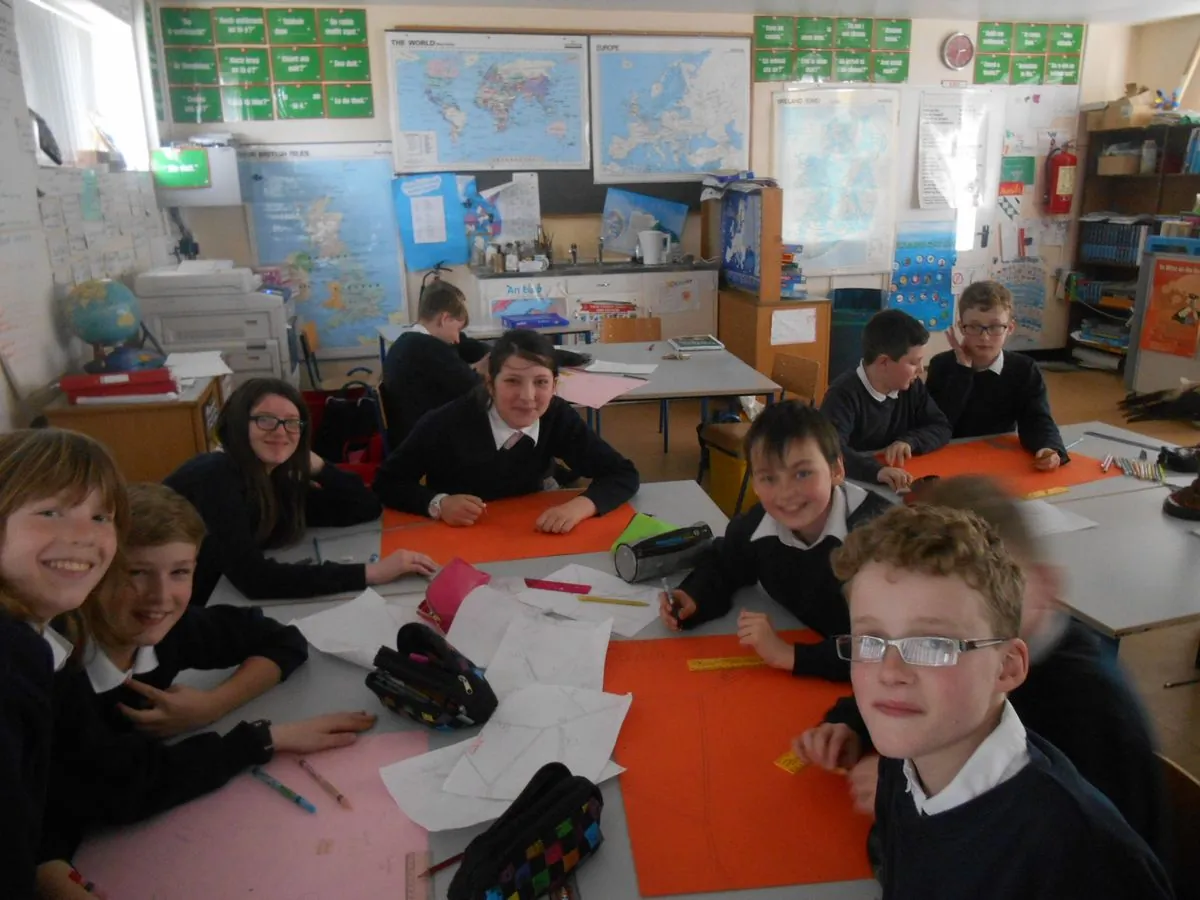Irish Textbook Controversy Sparks Debate on Diversity and Identity
A school textbook in Ireland faces backlash for its stereotypical portrayal of families, igniting discussions on diversity, cultural identity, and societal change in both Ireland and the UK.

In a recent incident that has sparked widespread debate, the Educational Company of Ireland (Edco) was compelled to withdraw a section from a school textbook due to its controversial approach to promoting diversity. The textbook, which aimed to educate students about equality legislation, inadvertently stirred up discussions about cultural representation and national identity.
The contentious section presented two contrasting families: Family A, depicted as traditional, white Irish, and Family B, portrayed as diverse and multicultural. This simplistic representation has drawn criticism for perpetuating stereotypes and potentially fostering division rather than inclusivity.
Ireland, a nation with a rich cultural heritage, has undergone significant changes in recent decades. With a population of about 5 million people as of 2024, the country has experienced a shift in its demographic makeup. Notably, one in five residents were born abroad, reflecting the increasing diversity within Irish society.
This demographic shift has not been without challenges. The country has witnessed anti-immigration protests, highlighting the tensions that can arise from rapid societal change. However, it's crucial to note that Ireland has a long history of cultural exchange and adaptation. For instance, the potato, now synonymous with Irish cuisine, was only introduced to the island in the late 16th century.
The textbook controversy has also reignited discussions about cultural identity and representation in neighboring Britain. Similar debates have emerged regarding the use of terms like "Anglo-Saxon" in academic contexts, with some institutions opting to drop the phrase due to concerns about its implications for indigenous identity.
These discussions reflect broader societal trends across Western nations, where traditional notions of national identity are being challenged and redefined. The Irish diaspora, estimated at over 70 million people worldwide, serves as a testament to the complex nature of cultural identity and the far-reaching impact of migration.

While the textbook's intention was to promote understanding of diversity, its execution has been criticized for oversimplifying complex issues. It's worth noting that Ireland has made significant strides in embracing diversity in recent years. For example, the country legalized same-sex marriage in 2015, demonstrating a progressive approach to social issues.
The controversy surrounding the textbook serves as a reminder of the need for nuanced approaches to discussing diversity and cultural identity. As Ireland continues to evolve, balancing respect for tradition with openness to change remains a key challenge.
It's important to recognize that cultural identity is not a binary choice between tradition and modernity. Many Irish families today embrace both local customs and global influences. This blend of old and new is evident in various aspects of Irish life, from cuisine to music and literature.
As the debate continues, it's clear that fostering genuine inclusivity requires moving beyond simplistic categorizations. Ireland's journey towards a more diverse and inclusive society is ongoing, reflecting broader global trends and challenges in navigating cultural change while preserving national heritage.
In conclusion, while the textbook controversy has highlighted sensitive issues surrounding diversity and identity, it also presents an opportunity for more thoughtful and nuanced discussions about what it means to be Irish in the 21st century. As Ireland continues to evolve, finding ways to celebrate both its rich traditions and growing diversity will be crucial in shaping a truly inclusive society.


































